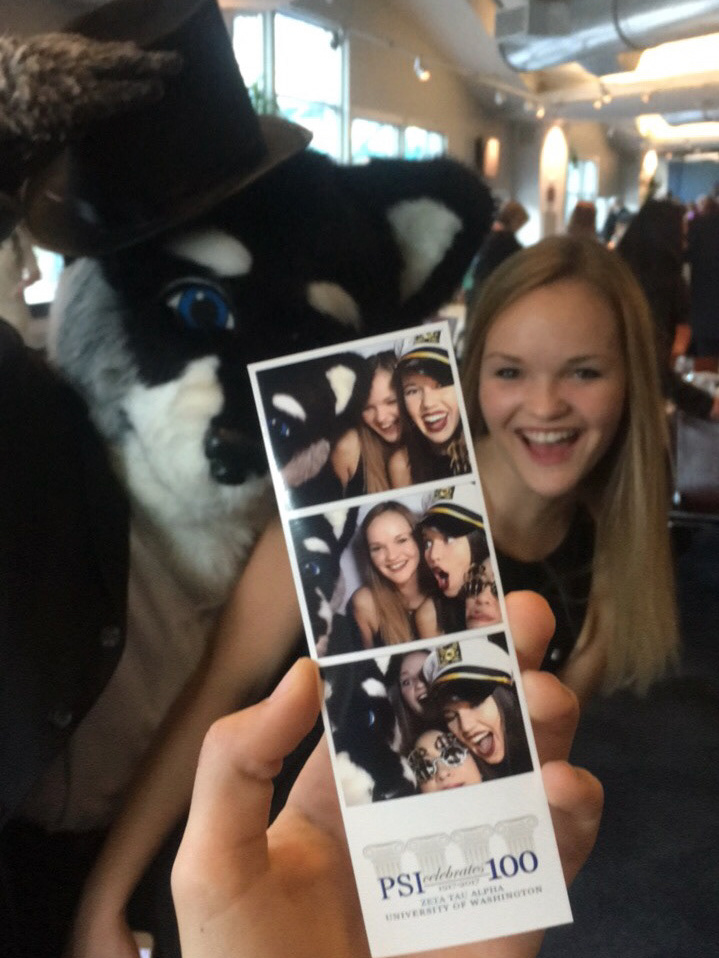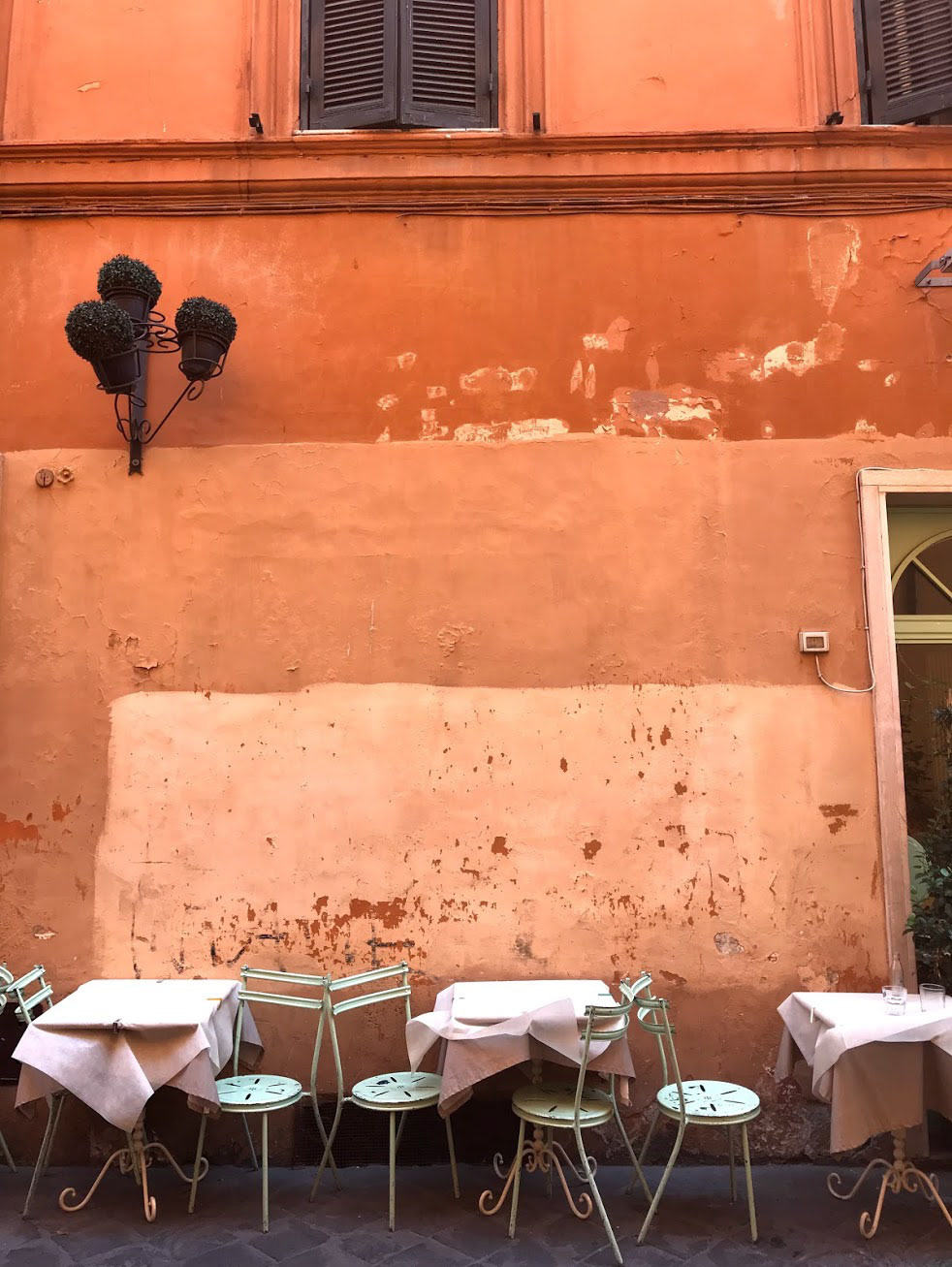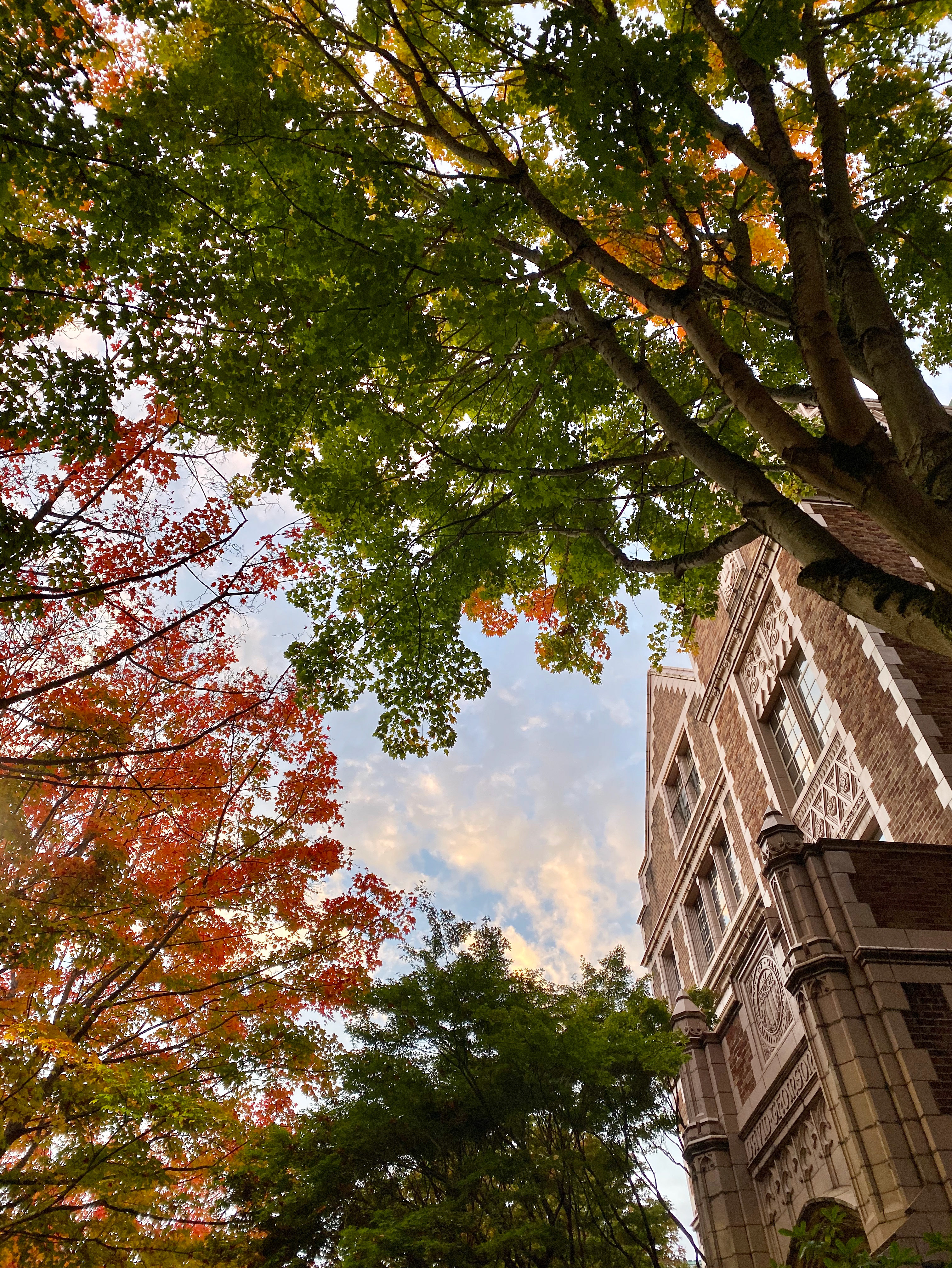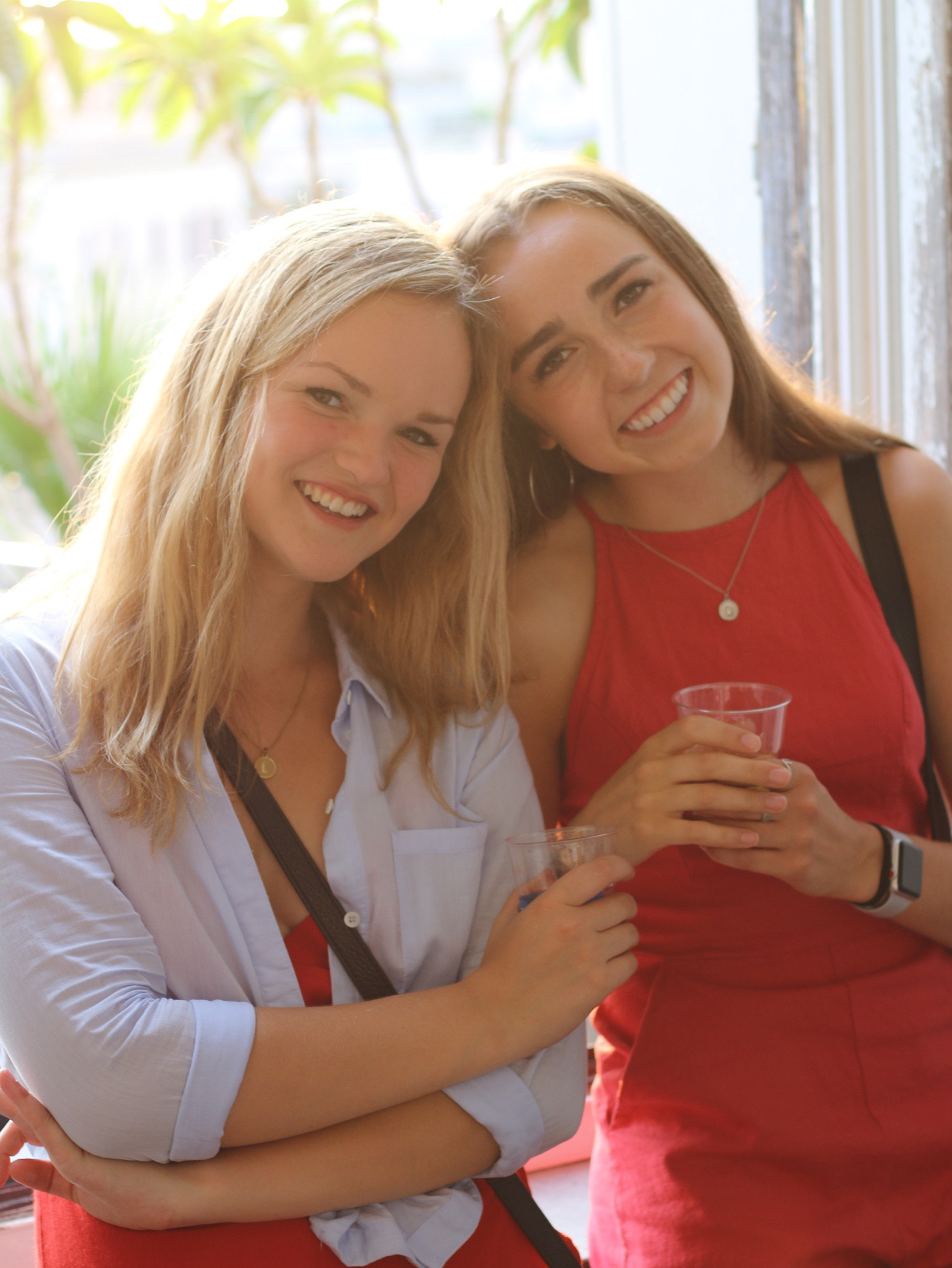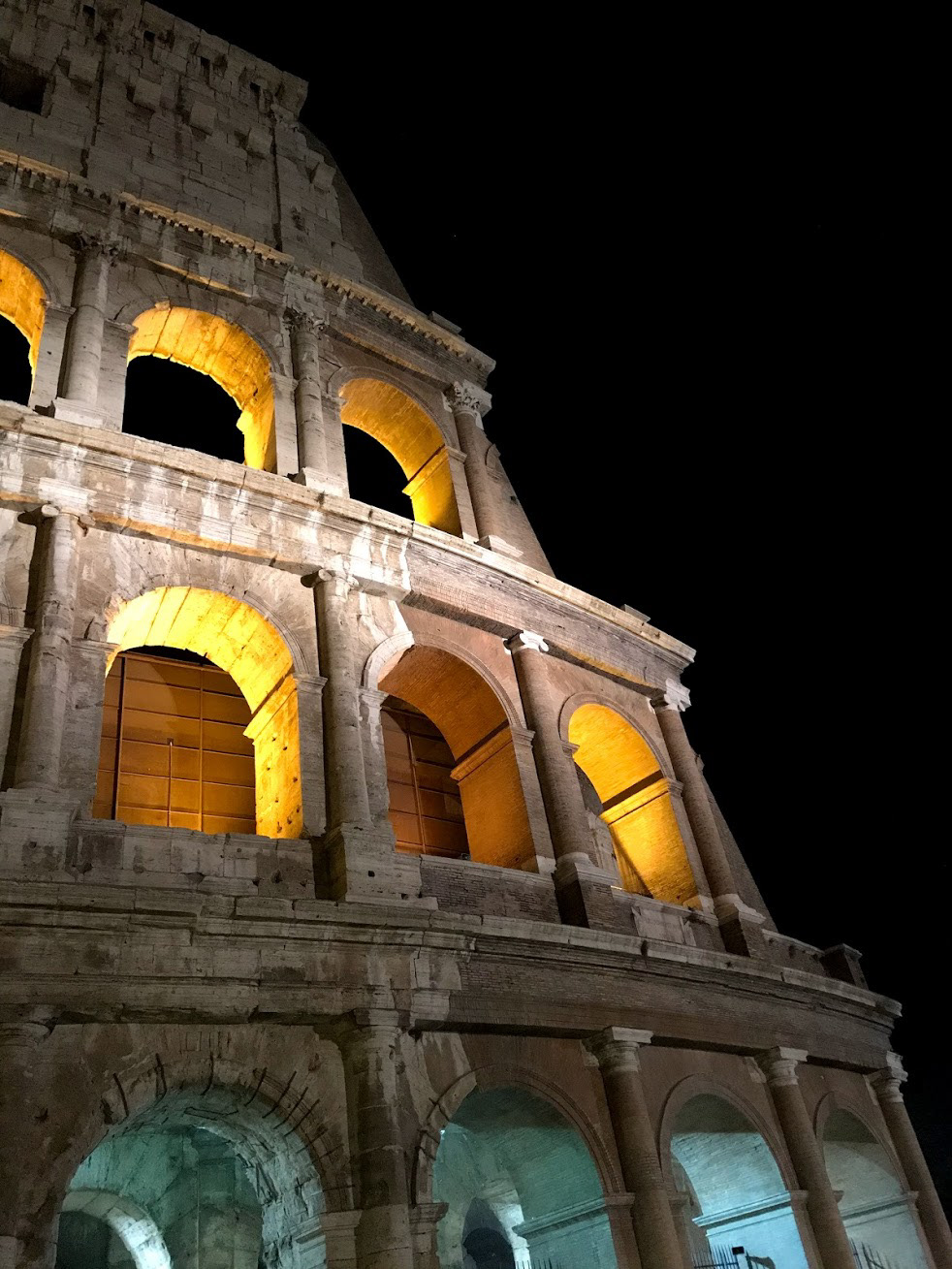The Human Record
When I first enrolled in this course I was not sure what to expect. I had a general idea of how to define the human record and had not yet considered my opinions on what it is and what it should be. Because it was a topic that I had such little experience with, at the beginning of the quarter I set a goal to contribute at least once to each class. Near the beginning of the quarter, contributions were slightly easier to make. I had a good understanding of the topics, and a strong grasp of the first two papers. I made observations to the class about the nature in which I use information as well as the fact that I create more sources of information than I was aware prior. Towards the middle of the quarter I had a more difficult time contributing in class. I still held myself to the standard of contributing each day, however the contributions seemed to be more minor and straightforward. I participated in conversations by making observations about books and the transition from the oral record to the manifested era. I feel more confident about my contributions at the end of the quarter because I had a much stronger grasp on the material. Something that I routinely commented on throughout this course was about technology's impact on my daily information use and my potential contribution to the human record. I believe that my contributions in class were successful because they built off of the comments of other students and led the conversations in directions they would not have gone otherwise.
After we visited the intellectual house, and in the last day of class, I contributed to, and began, conversations about how our use of information changes when we know we’ll be able to go back to it. That is a topic that I have considered often throughout the quarter and I am interested in reflecting on it further. While I did not contribute as often as some of my peers throughout the quarter, I feel as though the contributions I have made to discussions provide a different perspective than many other people in the course because so many of the ideas were new to me. Overall, I am proud that I achieved my goal of contributing at least once each class and plan on setting similar goals in future quarters.
...
To the University of Washington Class of 2020,
The end of winter quarter means that we are beginning to approach the halfway point in our college career. We already have a developing record of our progress in our pursuit of a college degree. Our transcript shows initial interests and the prerequisite courses we have taken for the majors we hope to pursue. Some of us have already chosen and been admitted to our major, and others are ready to apply. We have a history of the courses we have taken and evaluations on how we have performed in them. Our personal record is an indication of what we have done and how we have done. We have also been immersed in the academic research and writings in the subjects we have studied. We learn from the records of others and not just in history. Records are the key to present day understanding of the sciences, anthropology, writing, art, law, and virtually any other area of study you can think of. The record of the past is the foundation of what we are learning and the infrastructure for what we will build in the future.
In two years, we will have the opportunity to go out into the workforce. It’s our wants and likes that businesses will be trying to cater to in the future, and it’s our ideas that will become the next great technological innovation or the inspiration for the next Facebooks or Googles of the world. Our art will end up in museums. Our research will be published in scholarly journals. Our films could one day be on the National Film Registry. One of us could be the author of the 21st century’s Great American Novel. Aside from these obvious contributions to the legacy of our generation, we will determine what is important in our own lives, record it in some way or another, and eventually parts of our individual records could become part of a bigger catalogue. Some of us will leave behind a box of yellowing books, old documents, and decade old photographs. Others will leave behind fifty years’ worth of social media and blog posts. I am not yet sure what I will leave behind. However, I know that I do not want my entire record to be held in a few hundred photos on an Instagram page that may or may not still exist one hundred years from now. This begs the question of what do we want our record to be? The three qualities that I think are most important for our record are authenticity, comprehensiveness and value.
The quality that I am most passionate about preserving in the record of our generation is authenticity. To me, authenticity means erasing the gap between truth of your history, thoughts and feelings and what you show the outside world. The goal is to be consistent in words and actions. It seems that much of what passes for a record on social media, blogs or other outlets is a function of storytelling. But there is nothing authentic about a story curated from selected experiences to fit a narrative we are comfortable sharing publicly. If our record is not authentic, people in the future will not be able to understand us or learn from our mistakes. They will not be able to see the actions we have taken, or the results of them. Without understanding what happened in the past, it will make it much more difficult to move forward into the future. Consider the quote from philosopher George Santayana: “those who do not learn from history are doomed to repeat it.” To what extent is this something we have to worry about? This quote is not arguing that the exact same course of events will lead to essentially the same circumstance we are in now. But rather, it suggests that the same patterns of events may occur and we can use knowledge of history and what happened in the past to see this coming and make the necessary choices to move forward in a different and more desirable direction. Our record could be something that people can learn from and build off of. If used properly, it will ultimately help society come to a place where it is growing stronger, and making better decisions than ever before.
However, I believe that being authentic will be one of the largest challenges our record will face because the images of our lives that we like to show other people are so often already manipulated. With the development of the internet and social-media sites, the ability to share information about your life with others has increased exponentially. This magnified the concern that likely dates back to the very beginning of human history, the worry over how other people think of you. This concern is one that often controls people’s lives more than they would like to admit. As a population, we are inherently competitive. Concepts such as survival of the fittest imply that we have been competing for life since prehistoric times. Many people will only record, create, or post things that they expect will impress, engender respect or be appreciated by members of their community. Our desire to compete and show the best side or ourselves can interfere greatly with the authenticity of our record.
Imagine if a social media site such as Instagram was the only record that we had one hundred years from now. We wouldn’t know anything about today’s political climate, how we got here, or where we went next. The only record we would have of society would be exactly what its members wanted us to see. At first, that sounds pretty good. However, that would mean that the record we were left is not a truthful account of what actually occurred. It would be a glossed over version of reality, edited to look more attractive than it was in reality. Why is that? Because people don’t publicly share anything that makes them, or their lives, look anything less than ideal. More often than not, the picture that shows up in your Instagram feed is one of fifteen different shots, from a variety of different angles, filtered, and edited to make the subject look as flawless as possible.
A second challenge to authenticity is the idea that our record will leave out any controversial personal views of the world. It is a fact that people possess different views which have a polarizing effect in this day and age. People who want to live ideal lives will only keep records of what they consider to be perfect or are not controversial, causing the record of their life to appear flawless. On the other hand, people who see the faults in the world will dwell on those aspects and not acknowledge the positive in those they disagree with.
My hope is that our record will be different from records of previous generations because it can be more intentional. Throughout history, few people left behind things with the specific intent of being remembered. Royals who commissioned the building of extravagant monuments, creators of art in any number of mediums, and groundbreaking researchers were some of the only people who left things behind that were intended to last and be remembered. Your average person rarely left behind anything they intended to be remembered years later. However, if we only had records of things that were intended to last, we would have a much more limited view of historic events, societies and cultures. Many of the most important records we have today were never intended to last by their creator. For example, UW special collections has an entire set of letters written by a traveler of the Oregon Trail. The author would never have imagined that they would be seen by anyone other than the person that they were addressed to. But, because they were kept, now they are part of the history of westward expansion and exploration and have given us valuable insight to the true conditions of the time.
We now have the opportunity to leave behind the most comprehensive record ever. The technology we have today provides the means for almost anyone to leave behind artifacts in a variety of mediums. The processes behind photography, film, printing and publication were once things that took specialized access or too much time for the average person to use to create a personal record. Now, you can take a picture or video by pressing a button on your phone. You can share your thoughts with the world almost instantly through blogging, social media or publishing online articles. We have the capability to record aspects of everyday life for people in a vast variety of cultures, circumstances, and locations. One time events, both mundane and historic are regularly and randomly recorded. The technology we now have not only gives us the ability to keep records of our lives and the type of world we live in, but it allows us to see records of what is happening in other locations and circumstances across the globe. We can see videos of war, sickness and levels of poverty that we would not be able to accurately understand otherwise. Having access to these images and videos makes crises around the world all the more real. This access should empower us to act and make a change. Similarly, the records of these things can be kept to depict to wide array of circumstances in the world. At this point in time there is an astonishing range of cultures, opportunity levels, resources, and wealth across the world and it is important to make sure that all perspectives and experiences are a piece of the record we leave behind.
The ability for everyone to contribute to the human record is an amazing privilege for our generation. However,there are two main flaws that come with the ease of creating our record. For one, because it is so easy to record, there is a surplus of artifacts to go through when you are trying to research a specific topic. When doing research for a project, I already feel as though there are so many documents and sources to sort through, and this is before you consider all the artifacts yet to be catalogued in an internet database, or the documents that were originally published on the internet itself, that will begin to be recognized as part of our historic record in the next few decades. The second main flaw with the ease of creating our record is that it aids in the development of false records. While advances in technology progress our ability to create a more comprehensive record, it also progresses our ability to develop a record that is simply false or manipulated to deceive. Anybody can post anything online. We all know there is a lot of misinformation on the internet. To combat these potential problems we will have to put in place a means of sorting through, regulating, and contextualizing certain artifacts so that people conducting research understand the background of documents and the lens through which they should be studied.
An interesting concept that was introduced to me this quarter was the way in which we use and value records. When we know we can come back to a book, movie, art form or other document, we pay less attention to it in the moment. This idea resonates with me because I see its prevalence in my daily life. Often I find myself multitasking, distracted, and not fully invested in one thing or another. However, occasionally I find myself in a fleeting moment that I want to savor and capture in its entirety. Picture the most stunning, serene sunset you have ever seen. I imagine the variety of colors painted across the sky, light reflecting off of the water, and the slow dimming of the landscape around me, as the sun escapes from view behind the mountains. If you try and take a picture of it, the result may be beautiful, but the two dimensional image will not be able to compare to the real thing, and the feeling you had watching it will not be the same when you look back at the picture. No matter what you do, you will never be able to recreate or relive that precise sunset. Since you know that, you make sure you appreciate every last detail. Now apply those thoughts to records. What if you knew you would only have one opportunity to read your favorite book, or watch your favorite movie. I guarantee that you would slow down and pay a lot more attention to it in that moment. You would be absorbing every last detail until the credits roll, or you read the final words. In the future, I hope our record is appreciated to a much greater extent than we seem to give them at present. I want us to value our records despite the fact that we have such expansive access to them, a privilege that historically people did not have.
At the moment, my record consists of a variety of journals and sketchbooks, full of my daily thoughts and experiences; files of papers documenting all my achievements from birth until the age of 20; and lots of photographs filling up my camera roll, printed in scrapbooks, and publicly displayed on my Instagram profile. One hundred years from now it is unlikely that any of these things will have been kept. This is the record I keep for myself. However, I am inspired to create something that is worth keeping for others as well. I do not yet know what this will be. But, I hope to leave behind something that will tell of me, my culture, what I valued, and what I am passionate about. If everyone resolves to leave behind something like this, the record for generations after us will encompass the widest possible range of thoughts, experiences and views of the world.
Why should we consider this now when we have our whole lives ahead of us? We should consider this now precisely because we do have our whole lives ahead of us. We have the time and opportunity to determine what we want our personal record to look like and how to create a legacy to be remembered. If we do not begin to consider this, then we will not have taken advantage of the opportunity to create one of the most comprehensive and authentic generational records to date.
Sincerely,
Lena Peterson
...
